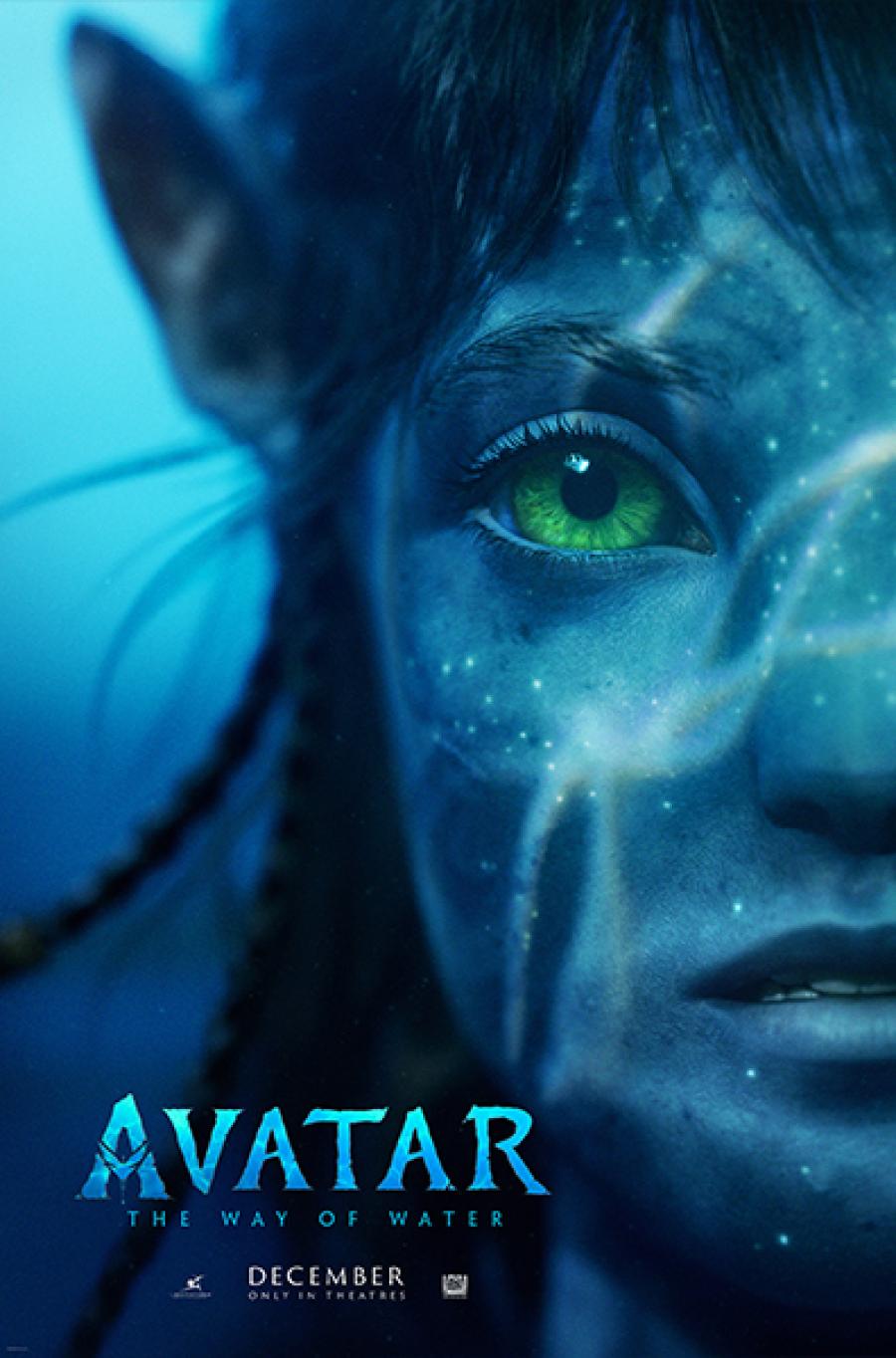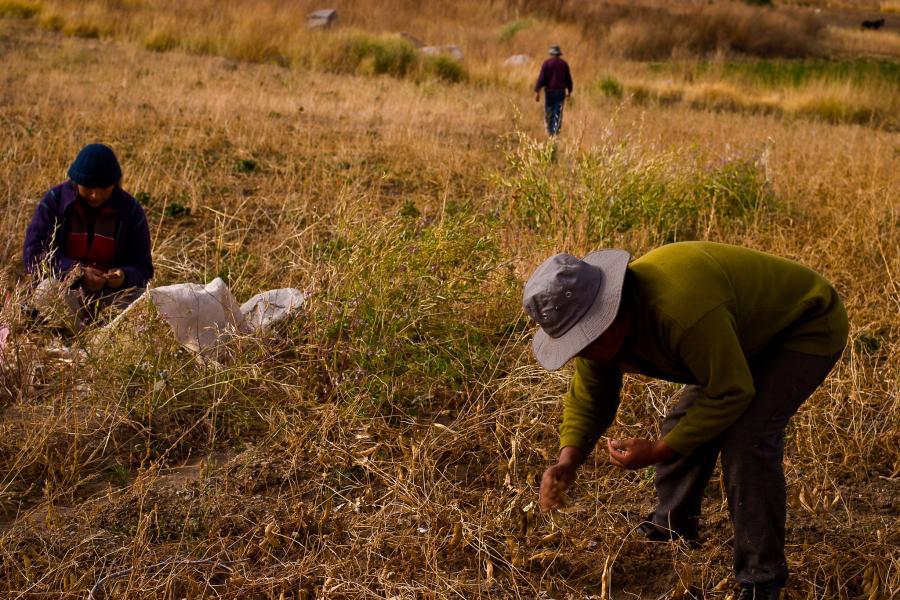In 1972, when David Maybury-Lewis and his wife, Pia, founded Cultural Survival, indigenous rights were not on anyone’s radar screen. Anthropologists like David were supposed to objectively study indigenous cultures and publish their findings in academic journals. But David’s fieldwork with the Xavante people in Brazil opened his eyes to the egregious mistreatment that indigenous peoples all over the world suffer. His compassionate nature prompted him, in the words of former student Bret Gustafson, “to go beyond just studying people, to actually attempting to do something to change the conditions in which they lived. Anyone who had basic human decency working in Brazil at the time would have realized the incredible injustices that were going on toward native peoples, but a lot of people in his position would not have acted. He went beyond what most other academics were doing at the time—far beyond.”
Going beyond the norm could be said to be the defining character of David Maybury-Lewis’ life. Academically he reached the pinnacle of his profession, starting as an instructor at Harvard in 1960 and going on to be named the Edward C. Henderson Professor of Anthropology, the chair of the Anthropology Department, and the curator of South American Ethnology at Harvard’s Peabody Museum of Archeology and Ethnology, the president of the American Ethnological Society, and a member of the American Academy of Arts and Sciences. Along the way he received many awards and honors, including the Anders Retzuis gold medal of the Swedish Society of Anthropology and Geology, Brazil’s Grand Cross of the Order of Scientific Merit, and the Franz Boas Award for Exemplary Service (this last one was jointly awarded to David and Pia for founding Cultural Survival.) He also wrote more than 20 books and other publications and, perhaps most famously, hosted the public television series Millennium: Tribal Wisdom and the Modern World.
But all the academic laurels were decorations on his most substantial accomplishment, which was getting the world to pay attention to the plight of its indigenous peoples, a cause that he pursued to the very end of his life. Even while suffering the ravages of the Parkinsons disease that took his life on December 2, he still made his way to the Cultural Survival offices to hear the latest reports from the field or meet with indigenous representatives.
In some ways, David’s path was fated. “He loved to tell how his childhood in rural Pakistan sparked the sensibilities and curiosities of his adult life and produced the anthropologist,” says fellow Harvard anthropologist Theodore Macdonald, who was one of Cultural Survival’s first employees and is now a member of its Program Council. “His father was a British hydraulic engineer, and David’s family moved every two weeks from site to site. He would lay by the window on the nights before each move, watching tribal camel herders pack the household in the dark and listening to the sounds—low conversation, braying camels, and bells—as the caravan assembled and took off long before the family.”
His interest in other cultures got a further push as an undergraduate in England. As he describes it in his autobiographical book, The Savage and the Innocent, he had read the conquistadors’ accounts of South American native peoples for an undergraduate course at Oxford University, and “I conceived a romantic desire to know more about some of the people who, . . . four hundred years later, seem remote and exotic in a world jaded with travelogue.” That desire led him to crash an anthropologists’ conference in Cambridge, where he “went about buttonholing distinguished scholars and asking them if there were any way in which a young Englishman with a gift for languages and no money could go out to the Americas and do anthropological research.”
Remarkably, this approach actually worked. A German researcher at that conference took David under his wing and told him that the best way to do anthropological research in Brazil was to just go do it. In short order, David, Pia, and their infant son found themselves in the headwaters of the Brazilian Amazon conducting fieldwork with the Xerente and then with their relatives, the Xavante, which he described as “one of the most bellicose tribes of Mato Grosso.”
His work with the Xavante led to his doctorate from Oxford University in 1956. Anthropologists still regard his ethnography of the Xavante, Akwe˜-Shavante Society, as one of the best ever produced. David’s fieldwork led to a lifelong relationship with the tribe that was more like family than subject and researcher. On learning of David’s death, one of the Xavante, Caimi Waiassé, from one of the Pimentel Barbosa communities, sent a note saying that all of the communities in Pimentel Barbora were in mourning for David. Another Xavante, Hiparidi Xavante, said, “I am very sad to receive this news. I am crying at this moment. I miss him. I have always thought highly of his work, and I am going to shave my head to mourn his passing.”
That sort of sentiment is common among all of the people who worked with or knew David, particularly his former students, with whom he had a very close relationship. Many of them fondly recall the way that David and Pia opened their home to students, and particularly the lively semiannual gatherings they hosted there. “He was just a tremendously generous and down-to-earth person,” says Laura Graham, a former student who has carried on his work in Brazil. “He was my inspiration to go work with the Xavante. When I first went there, the first question people asked me was, ‘Do you know David and Pia?’ And when I came back to the states—the day after I came back—David and Pia called to ask what was going on in the community. They didn’t say, ‘How was your trip?’ They wanted to know what was happening with those people. They changed the whole way this field is practiced.”
David embodied the moral concerns that led to the founding of Cultural Survival in 1972. Over the years, the organization has witnessed and adapted to major transformations in the problems indigenous peoples face, their capacity to advocate on their own behalf, and the receptivity of governments and the international community to addressing indigenous concerns. But it has never wavered in its efforts to promote a just, multicultural world by supporting indigenous peoples’ efforts to advance their rights, voices, and visions.
“For many years,” says executive director Ellen Lutz, “Cultural Survival was known as the conscience of anthropology. In truth, that appellation belongs to David Maybury-Lewis.”
David is survived by his wife, Pia, their two sons, and four grandchildren.



